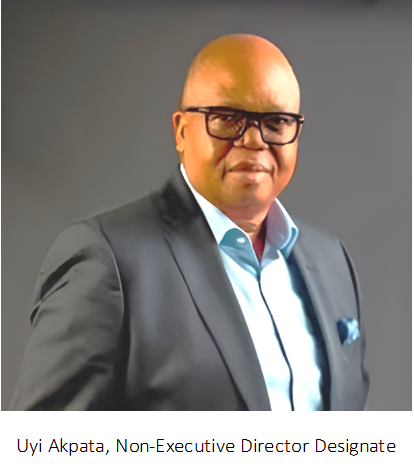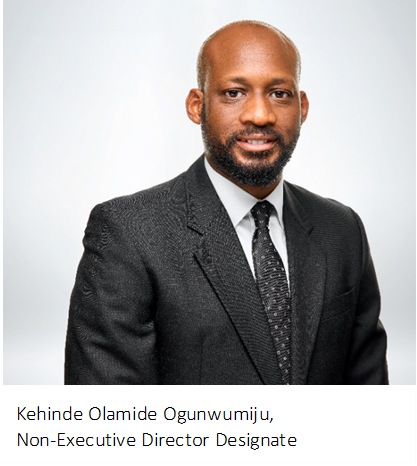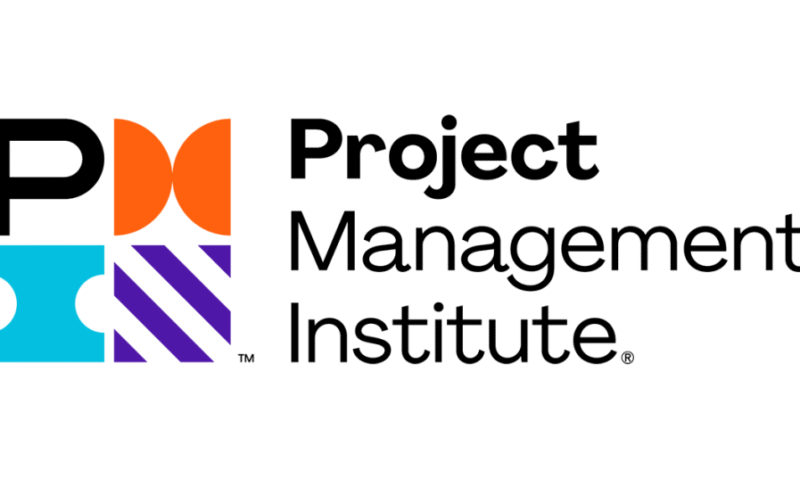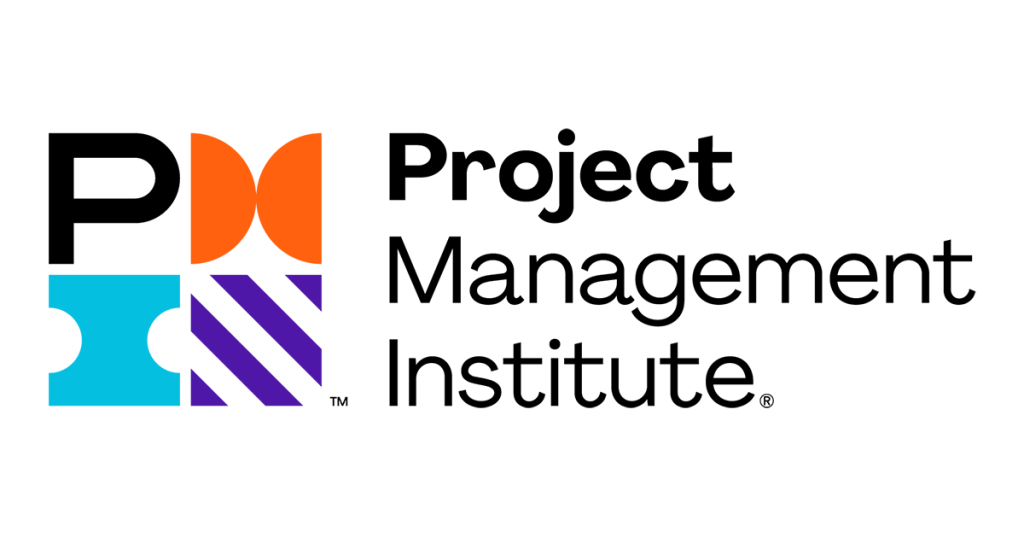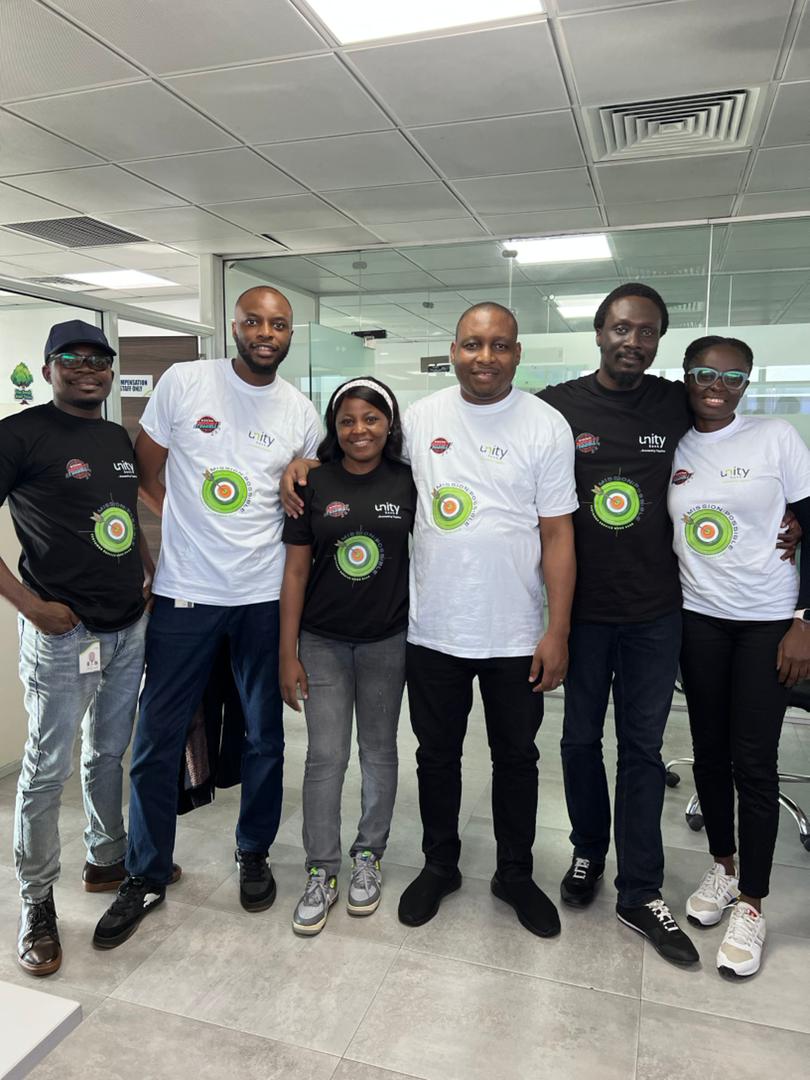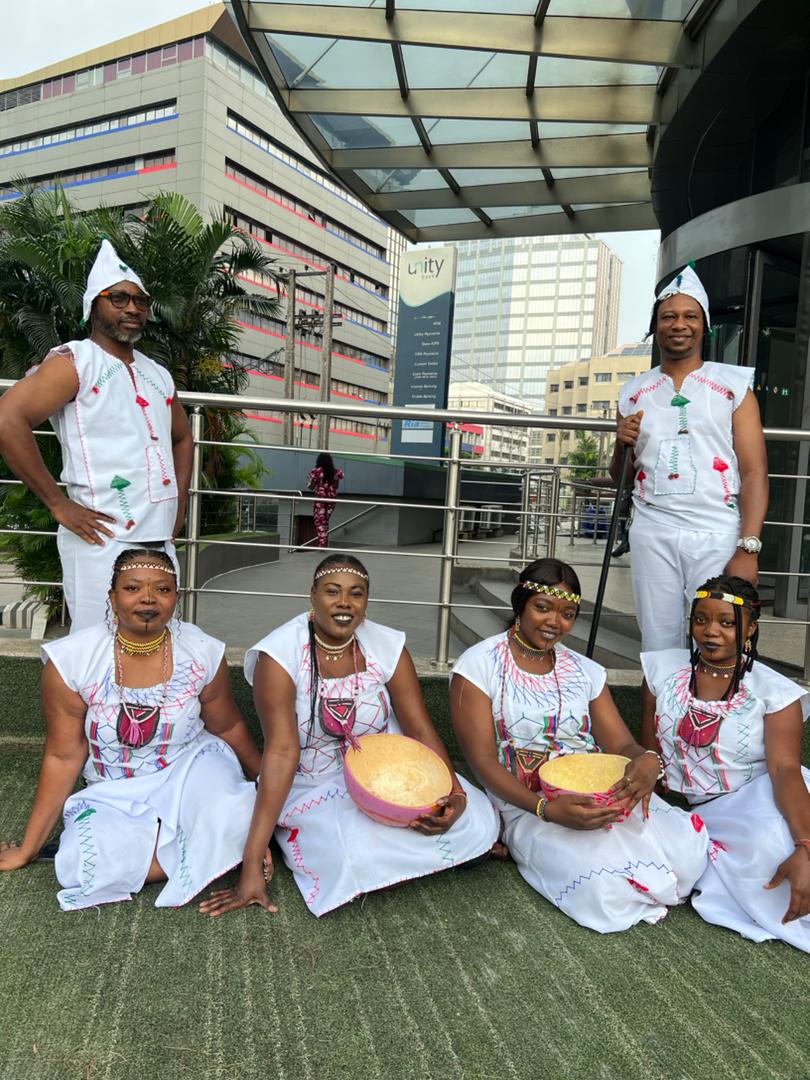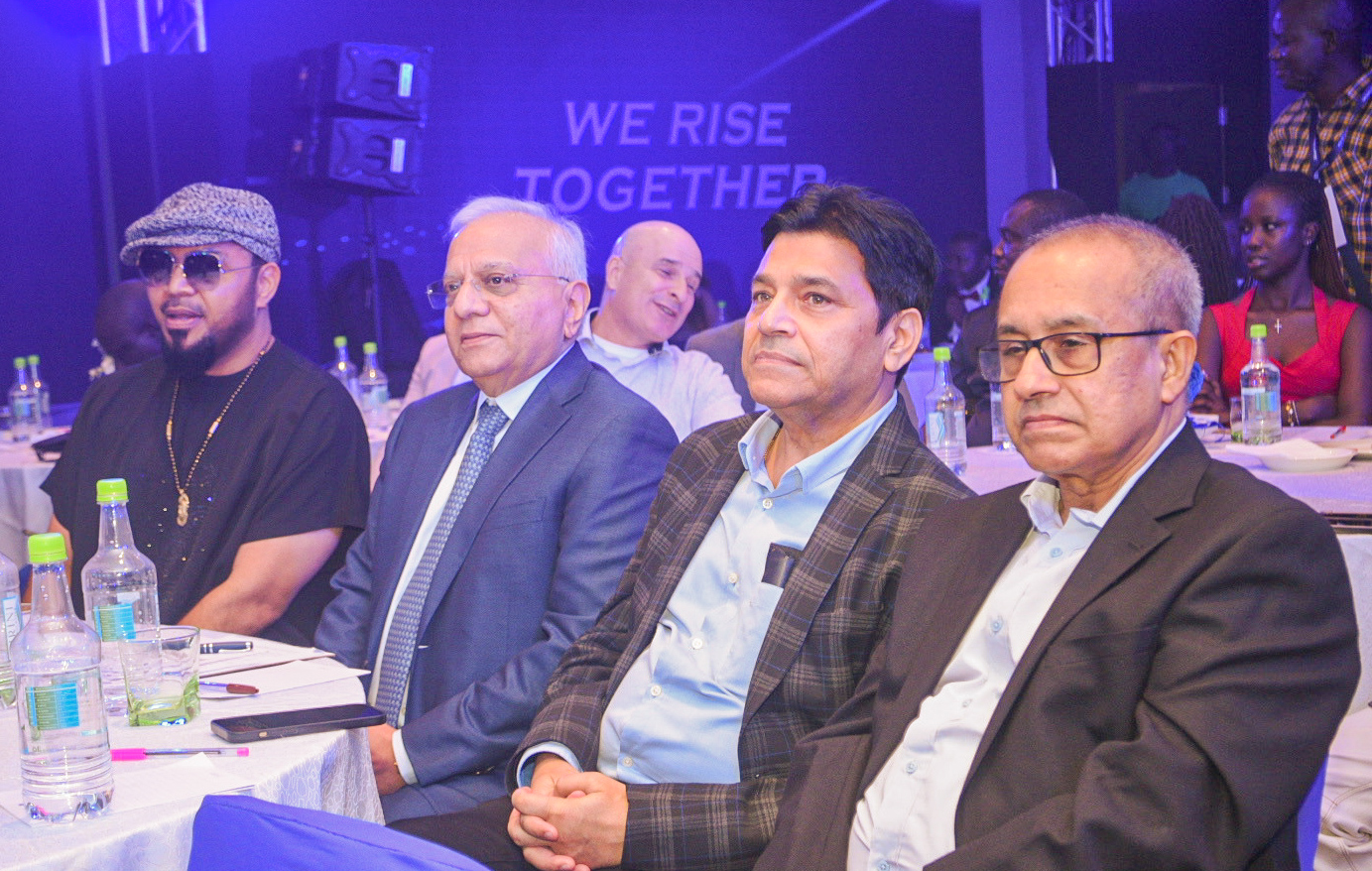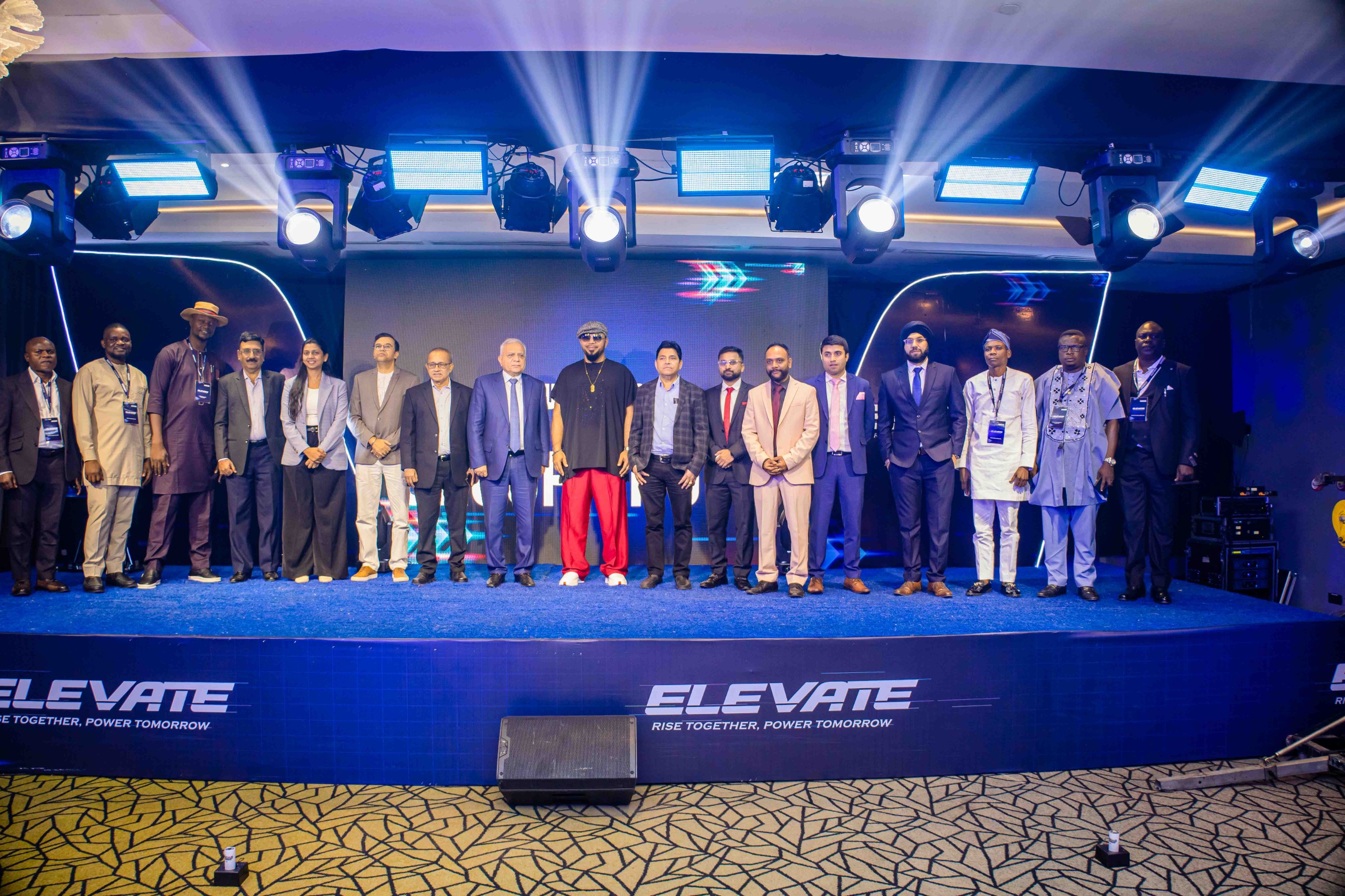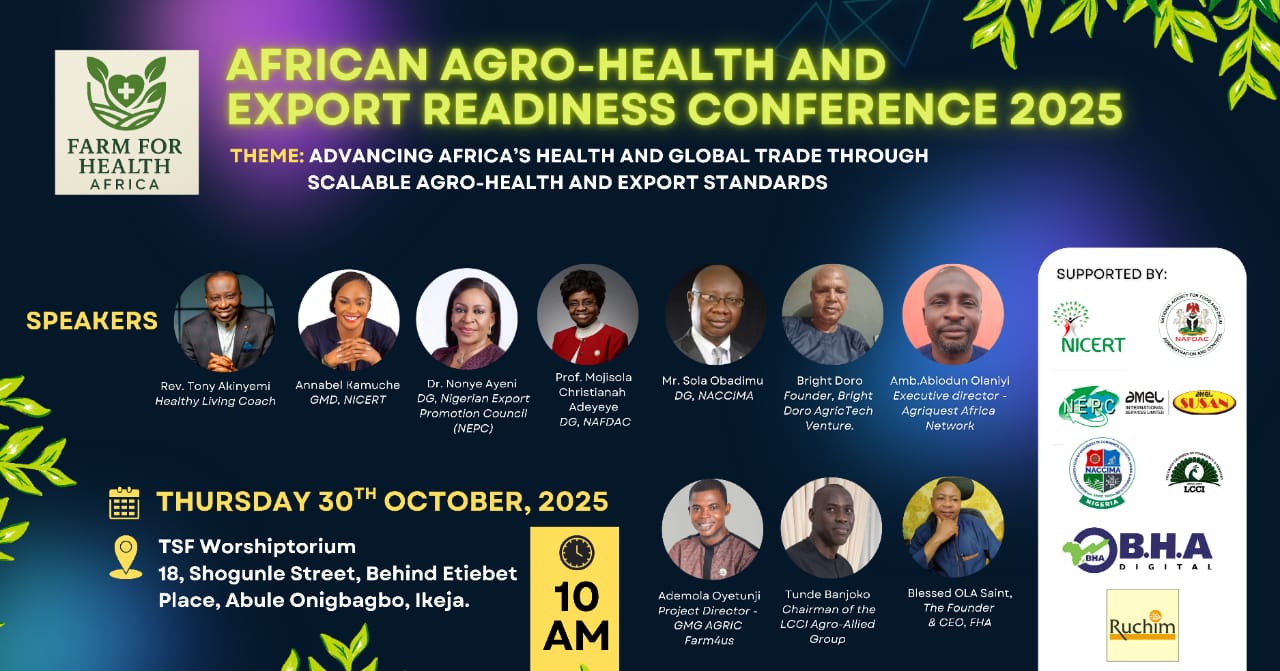Waves Of Innovation: How First Bank Turned Lagos Into Africa’s Electric Playground

The Lagos Lagoon glistened in shades of blue and gold as electric powerboats sliced through the water, cheered on by an ecstatic crowd that lined Victoria Island’s waterfront from Saturday, 3 October to Sunday, 5 October. For two unforgettable days, Lagos became Africa’s capital of clean energy, glamour, and innovation, all powered by First Bank of Nigeria, the sponsor of the continent’s first-ever E1 Lagos Grand Prix.
From the rhythmic sounds of Afrobeats echoing across the Marina to the sight of sleek, futuristic boats gliding silently on water, the E1 Lagos GP was more than a race, it was a celebration of Lagos’ vibrant spirit and Nigeria’s march towards sustainability.
President Bola Ahmed Tinubu, in a goodwill message, hailed the event as a bold statement of intent by Nigeria and Lagos, praising Governor Babajide Sanwo-Olu, First Bank, and other partners for delivering a world-class spectacle.
“The E1 Powerboat series combines world-class entertainment with clean energy innovation. This championship is not just a thrilling spectacle on water but a commitment to a greener and more sustainable future,” the president had said at the opening ceremony of the great event on Friday, 3 October.

He described Lagos as “a gateway to innovation, technology, and global sporting excellence,” affirming the nation’s readiness to lead Africa’s transition to clean energy.
Governor Babajide Sanwo-Olu, who led the regatta that opened the event, described the championship as a proud moment for Lagos and a reflection of its global potential.
“E1 Lagos GP is more than a race; it is a celebration of Lagos’ dynamism, the Spirit of Lagos,” the governor said, adding that “It shows our capacity to host world-class events and underscores our commitment to sustainability.”
Crowds thronged the Lagos Lagoon and fan zones, having fun, snapping selfies, and soaking in the festive atmosphere.
International sports icons, investors, and fans came from across the world, including former Chelsea and Ivory Coast football legend Didier Drogba, co-owner of Team Drogba Global Africa, who added a touch of celebrity magic to the weekend.
For First Bank of Nigeria, the event was not just about sports, it was about making history. Acting Group Head of Marketing and Corporate Communications, Olayinka Ijabiyi, said sponsoring the E1 Lagos GP reflected the bank’s heritage of innovation and renewal.
“Innovation, sustainability, excitement, speed, we are a heritage bank that has been around for 131 years, and for every one of those years, we have constantly renewed ourselves,” Ijabiyi said, saying that “When this opportunity came, who else could bring the first E1 GP to Nigeria but First Bank? We are proud to have presented Lagos and Nigeria to the world.”
At the First Bank Pavilion, visitors enjoyed interactive experiences, lifestyle engagements, and product showcases, while music, fashion, and food added a distinctly Lagos flavour. Families and young professionals mingled with entrepreneurs, all celebrating a fusion of technology, culture, and sustainability, hallmarks of the bank’s brand identity.
“This race is a net-zero emitter,” Ijabiyi added. “We are strong on sustaining the environment and supporting a cleaner, greener future. It’s innovation meeting responsibility.”
The E1 partnership also connects with the bank’s #FirstBankDecemberIssaVybe series, an annual celebration of entertainment and lifestyle that lights up Nigeria’s festive season. “December is the Vybe,” Ijabiyi teased. “This is just a taste of what’s to come-fun, fashion, food, and amazing experiences.”
The finale on Sunday was nothing short of electrifying as Team Brazil claimed victory, with pilots Timmy Hansen and Leva Millere-Hagin steering their electric boat to glory, beating Team Blue Rising and Team Drogba to the podium.
As the sun set over the Lagoon, the waterfront transformed into a sea of lights and cheers, a moment that captured the heart of Lagos: energetic, ambitious, and always ready to lead.
With its sponsorship of the E1 Lagos Grand Prix, First Bank once again proved that it is more than a financial institution, it is a lifestyle brand championing innovation, sustainability, and national pride.
In the words of Latoya Johnson, a Lagosian who attended the event: “I grew up knowing First Bank as the reliable one. Seeing them behind something this big makes me proud. They’re not just banking our money, they’re banking our future.”
From clean energy to cultural celebration, from racing boats to smiling faces, the E1 Lagos GP was a powerful reminder that when innovation meets tradition, the result is pure magic.
By Kazeem Ugbodaga







